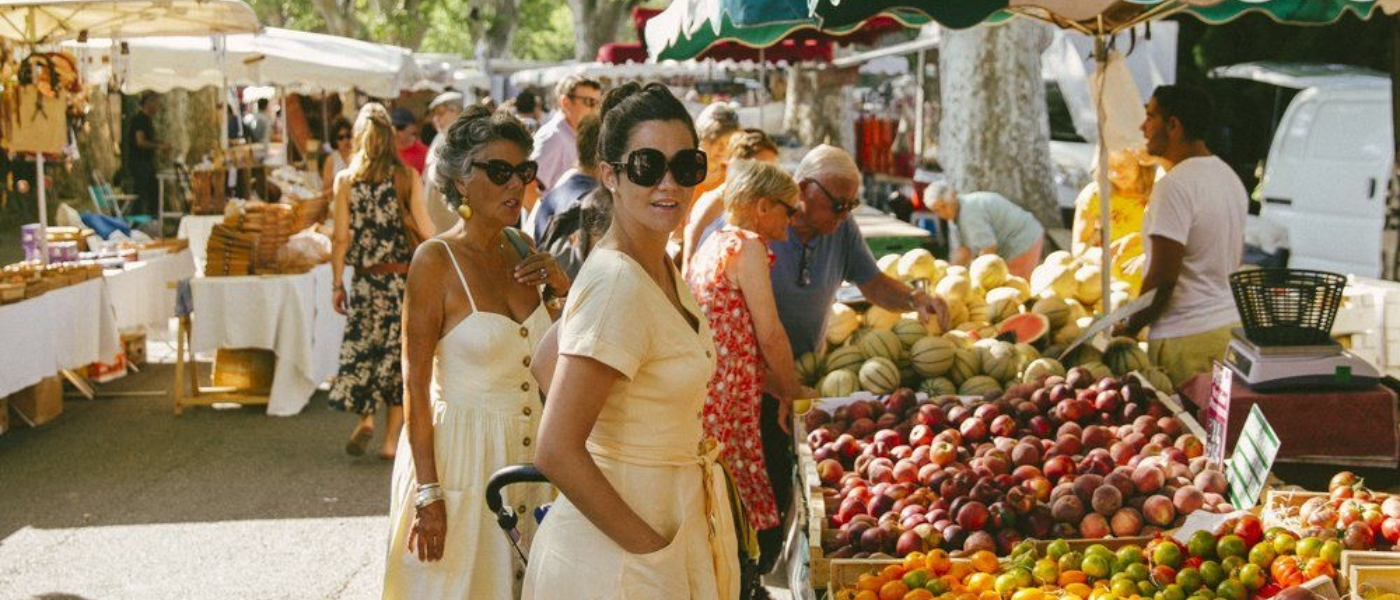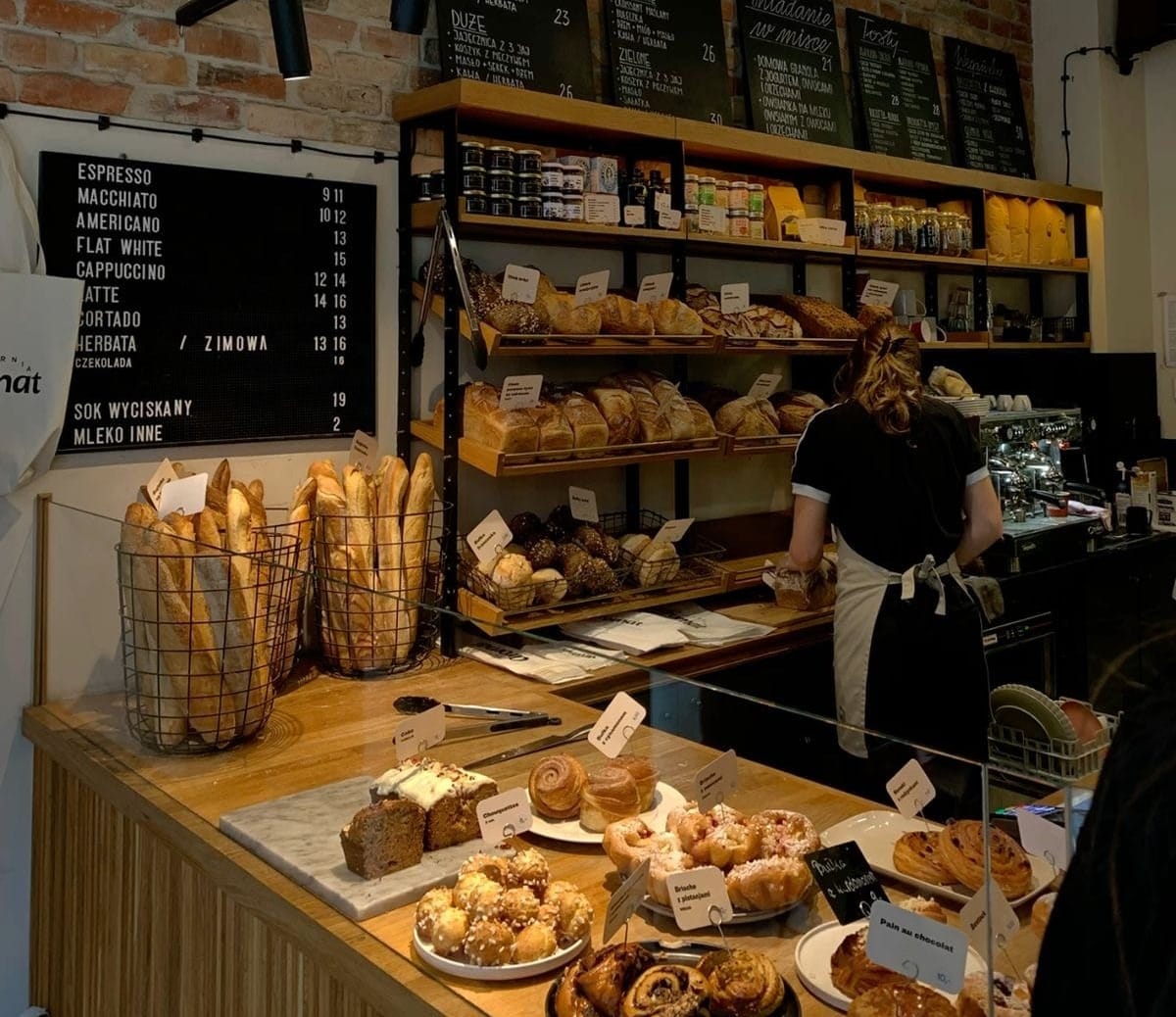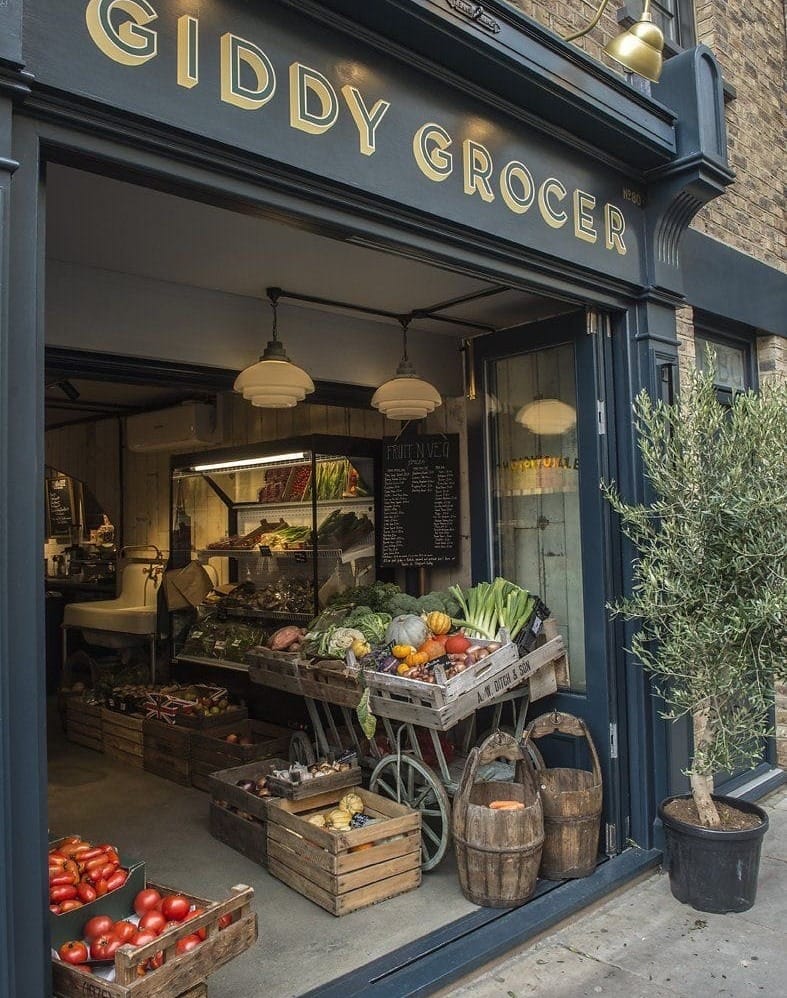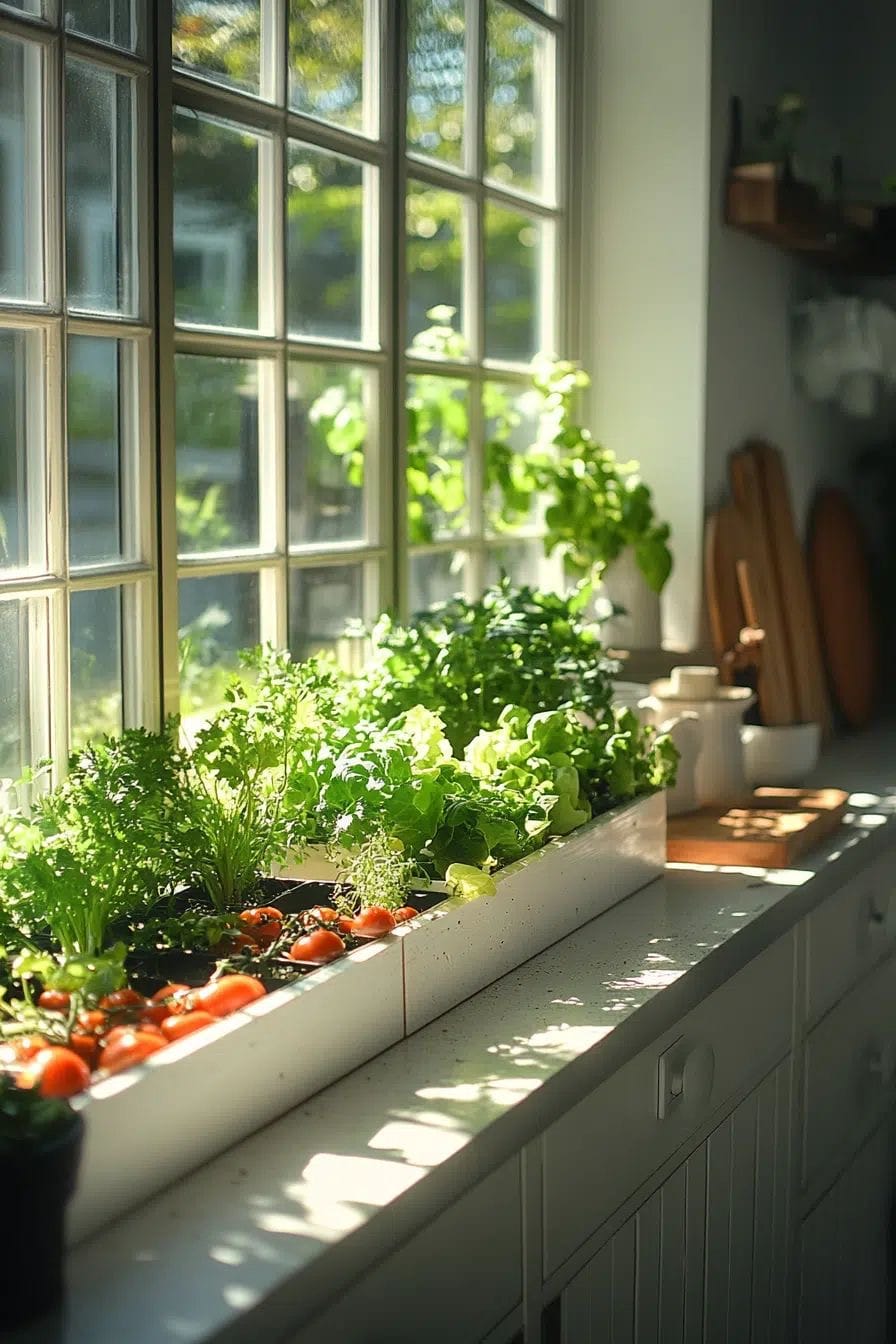
Without health, nothing else matters. All the money in the world means little if your body’s run-down or your mind is burnt out. It's one of the things that money truly can't buy and one of the things we now look after the least. Health is the real wealth, and the moment you start earning is the moment to start investing in it.
Find Your New Local
Bakery that is. We're taking this one back to the old method. Daily or weekly bread runs. It's a beautiful thing, not only to collect your perfect sourdough loaves or fresh croissants every week, but also to have those easy, light hearted conversations with the servers and pastry chefs. We've lost these interactions and we're not better off for it.
There’s something grounding about returning to the same spot, week after week, where people know your order and greet you with a smile. It anchors you to your neighbourhood in a way few other things do. Over time, the bakery becomes more than a stop for pastries, it becomes a marker of the seasons, a quiet witness to your life as it unfolds. In a world of constant change, that kind of consistency is rare, and worth holding on to. Make it a Sunday ritual to have a fluffy, fresh pain au chocolat accompanied by rich double espresso. We promise you won't regret it.

Rethink Where You Shop
It’s not just about choosing the best - like slow-raised, free-range meats, pasture-raised eggs, whole foods, and organic produce when you can. It’s also about paying attention to the quality of what comes in jars, tins, and containers. Every detail counts. Check your labels, know what highly processed ingredients are and the ingredients that you want to avoid.
Frequent independent stores and farmers markets or try your hand at making your own, you might be surprised by what you enjoy most, the process, the flavour, the way it makes you feel. Slower, more intentional. Better, in every sense.

Check Your Supplements
Not all supplements are created equal, and not everyone needs the same ones. Your ideal routine depends on your diet, lifestyle, genetics, and even your environment. That’s why it’s best to start with data. Not guesswork, not marketing promises, just information. Schedule a comprehensive blood panel, ideally one that goes beyond the basics. Look at nutrient levels, inflammation markers, hormones, thyroid function, and anything else that might give you a more complete picture of what’s happening inside your body. Review the results with someone who understands the nuance: a functional or integrative medicine practitioner, or a GP with a holistic lens.
Once you understand where your baseline is, you can fill the gaps with purpose. Low vitamin D, depleted B12, iron deficiencies, poor absorption, all of these can quietly erode your energy, mood, mental clarity, and sleep. And once addressed, they can often be the first things to shift for the better. It’s not about chasing a new version of you, it’s about supporting the one that already exists, more fully.
Start a Kitchen Garden
Even the smallest space, a windowsill, a balcony, a patch of soil, can grow something worth eating. You don’t need a garden to get started. A few pots of basil, mint, and rosemary. A trough of salad greens. Cherry tomatoes reaching for the sun. It’s not about growing everything, just something. Enough to remind you that food doesn’t begin on a shelf; it begins in the dirt.
There’s a quiet kind of magic in planting a seed and watching it become part of your plate. It’s grounding, seasonal, and strangely intimate. You become more attuned to the rhythms of nature, what thrives in warmth, what falters in cold, what it means to wait.
Growing your own, even in the smallest way, brings you closer to what you eat. The flavours are sharper, the colours deeper, and the satisfaction is unlike anything you’ll get from a plastic-wrapped alternative. It’s a slow ritual in a fast world, and a gentle reminder that the best things in life take time, care, and a little bit of patience.

Return to Nature
We’re living in a world our bodies weren’t designed for. On the surface, we’ve never had it so good, unprecedented access to food, convenience, and technology. But peel back the layers, and you’ll find a system that’s quietly working against us. The nutritional density of our food has been steadily declining for decades. Over-farmed soil, monoculture crops, industrial processed meat, and long-haul supply chains have stripped much of our produce of the richness it once offered. A tomato today is not the tomato your grandparents ate.
Even a plate that looks healthy, leafy greens, lean protein, bright vegetables, might not be delivering all the vitamins, minerals, and bioavailable nutrients your body actually needs. And when you factor in the pace of modern life, constant travel, long hours, overstimulation, caffeine dependence, poor sleep, and environmental toxins, it’s no surprise so many of us feel depleted, anxious, or just not quite right.
Returning to nature isn’t about rejecting the modern world, it’s about recalibrating within it. It’s about seeking out food that’s closer to the source, building routines that honour the body, and creating pockets of stillness in the noise. Reconnecting with the natural world, even in small ways, helps us remember how we’re meant to feel: steady, nourished, whole.
